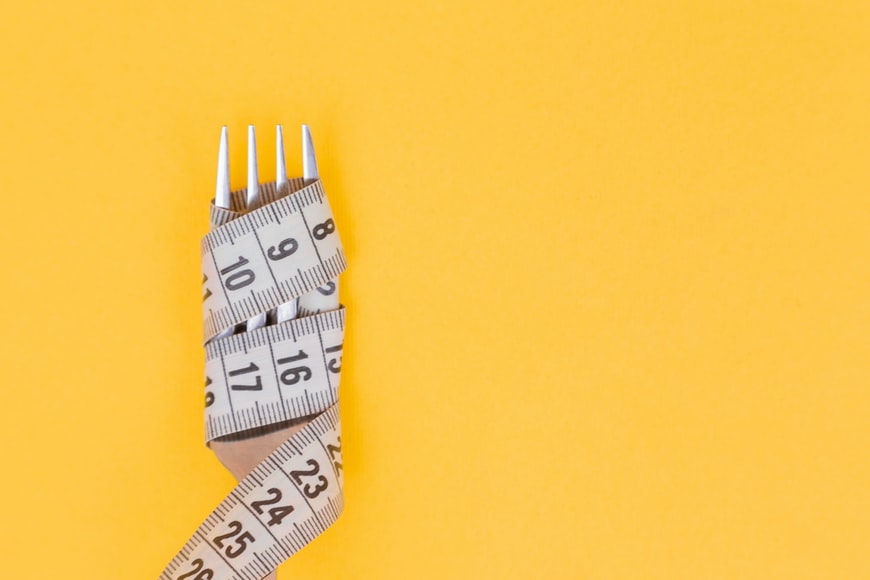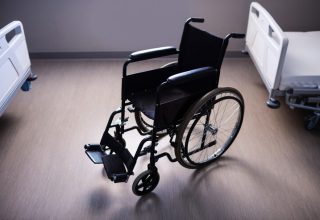Not Losing Enough Weight? 7 Diet Mistakes You Could Be Making
Many people want to lose weight for various reasons. For some, it could be the first step to boost self-esteem. For others, it’s to keep their body in its healthiest state. However, starting a weight loss regime can be a challenging task for many people, especially for first-timers.
At some point, you might feel like you’re on the right path to losing weight. In a blink of an eye, you’ll realize that you’re far from achieving your fitness goals. To better prevent yourself from committing the same diet mistakes as the others, it’d be better to start with seeking help from fitness experts and determine the right diet plan for you. You may also visit reliable online resources like WeightLossNinja and other similar sites for better diet ideas.
Diet Mistakes You Need To Know
Although some people may think that starting a diet regime could be easy and manageable, it’s worth mentioning that even the most seasoned fitness enthusiasts tend to mess a thing or two in their diet plan. While such instances are normal, especially for first-timers, note that those mistakes could create a huge impact on the overall outcome of your efforts.
With so many so-called experts parading on social media channels, it is important to be careful about what they are recommending. If you are planning to opt for a vegan diet, you need to consult and take help from experts at VeganLiftz. The same goes for other diet plans and food choices that you think would have a beneficial effect on your life.
With many things to consider and conflicting nutrition information to be mindful of, it’s easy for people to fall into unhealthy eating habits. If you’re in the middle of your diet program and you think that nothing’s happening, you must take note of the following avoidable mistakes you might be unknowingly making:
1. Skipping Meals
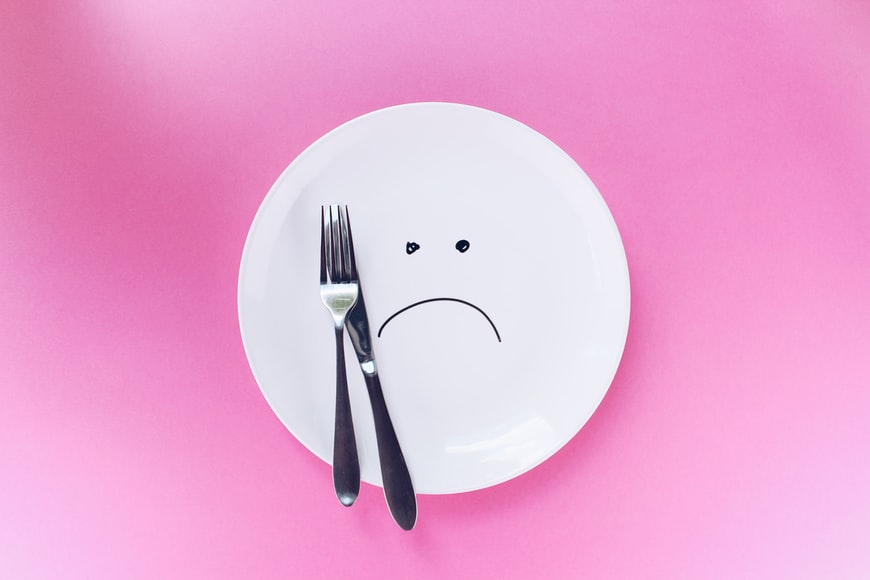
Many people believed that skipping meals, especially breakfasts might be an efficient way to lose weight immediately. However, you must know that not eating certain meals a day could cause more harm than good in your body. Before you start with your diet regime, know that skipping meals could only increase your hunger and heighten your food cravings.
Consequently, you’ll have to eat a considerable amount to satiate your hunger. Aside from that, you should know that unplanned snacking and eating a huge amount of food could impede you from losing weight. Not to mention your calorie level increases considerably after consuming too much food. As much as possible, prioritize eating breakfast as it could help you maintain a healthy weight.
2. Depending On Crash Diets
For some people, crash dieting is one of the easiest ways to lose weight. However, this option could only result in short-term changes, aside from harming your body. Intrinsically, the term ‘crash dieting’ means that people would have to opt for an extremely low-calorie diet plan to obtain dramatic weight loss.
While it may help you lose weight in a shorter time, know that crash dieting could be dangerous to your overall health. To begin with, a crash diet will require you to slash your calorie intake way below your basal metabolic rate (BMR).
You’ll also be more likely to resort to a liquid diet when doing crash dieting. But when you consume fewer calories, your metabolism will gradually slow down. This could lead to weight gain after your diet plan as your metabolism can’t process food as efficiently as before.
3. Opting For Low-Fat Food
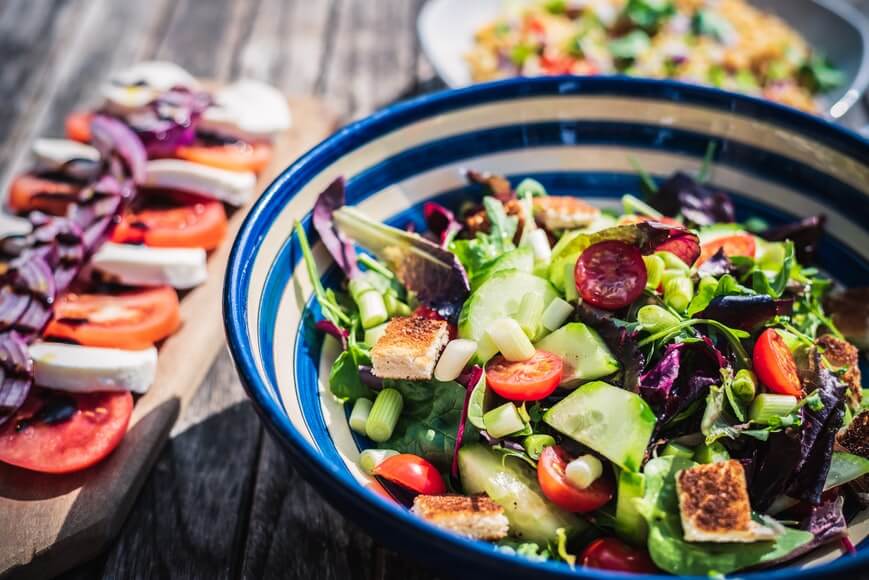
Many people tend to confuse low-calorie foods with low-fat ones. However, one must know that these two are different from each other in many ways. Particularly, you should know that low-fat isn’t the same as low-calorie.
In a simpler perspective, low-fat loading is the process of eating low-fat meals (up to 60-90% of fat). If your body failed to process what you eat three to four hours before strenuous physical activity, those foods could turn into body fat eventually.
To better prevent wasting your efforts and affect your weight loss regime, it’d be better to always check the nutritional label in everything that you eat. Be it the number of sugars, fat, or calories you’re going to intake, you must know them all.
4. Splurging On Food After Workouts
Eating nutritious foods after every workout is essential in replenishing the number of nutrients you lose throughout the activity. However, consuming too much could significantly hamper you from achieving your fitness objectives may result in weight gain.
To avoid taking too many calories you worked so hard to burn off, it’d be better to select the food you eat after workouts. You must also consider drinking protein shakes rather than solid food to refuel your body. Apart from that, creating an eating schedule could do the trick in this problem.
5. Marking Some Foods As Forbidden
Preventing yourself from eating certain types of foods just because they’re on your ‘forbidden list’ doesn’t provide any significant difference in your diet plan. Instead, this could also heighten your cravings for such foods and could affect your weight loss regime.
As a general rule, you can take a small amount of the food you want to eat on occasion and be responsible for your eating habits. This could also prevent you from binge eating the food you put in your ‘forbidden list’ and help you monitor your weight loss.
6. Consuming Too Much Protein
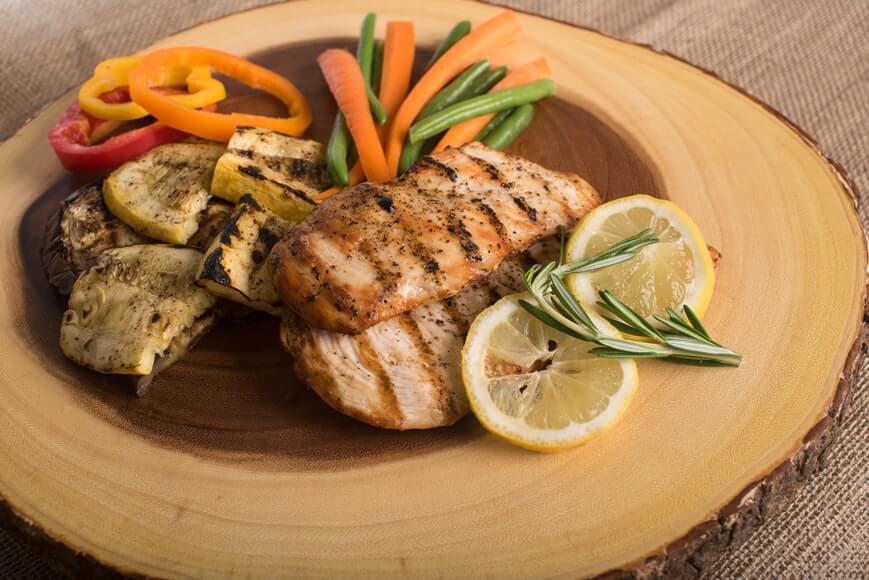
Protein is one of the most essential macronutrients for an efficient weight loss program. However, some people tend to overdo it as they consume too much protein than their bodies could take.
In most cases, protein could promote muscle growth and health build lean muscle. It could also assist in burning calories and excess fat. However, too much consumption of protein could only cause people to gain weight and not shed them.
7. Shifting To A Vegan Diet
Many people think that switching to a vegan diet could improve their diet plan and speed up their weight loss regime. However, know that vegan diets aren’t always suitable for every type of person. For instance, going vegan could result in anemia, vitamin B12 deficiency, lack of omega-3 fatty acids, and disruption in hormone production.
To better protect yourself from such risks, it’s best to consult your doctor first if you considering shifting to veganism to prevent any risk of complication. You may also add proteins, vitamin D, vitamin B12, iron, calcium, magnesium, iodine, zinc, and omega-3 acids to your diet plan.
Takeaway
Losing weight is never easy. There are numerous processes you need to undergo to obtain your fitness goals. Before you start with your weight loss regime, you have to be mindful of certain considerations to better prevent endangering your health. It’d also be of great value to educate yourself about the possible diet mistakes you might be making.
Through the aforementioned considerations, losing weight could be much easier.
Read Also:
- Potato Diet – Side Effects, Benefits and Instructions
- Top 10 Best Weight Watchers Scale in 2021
- Expedite Weight Loss: Here are the tricks Laxatives can offer
- Xyngular Reviews – A Weight Loss Scam! [Complete Customer Review]
